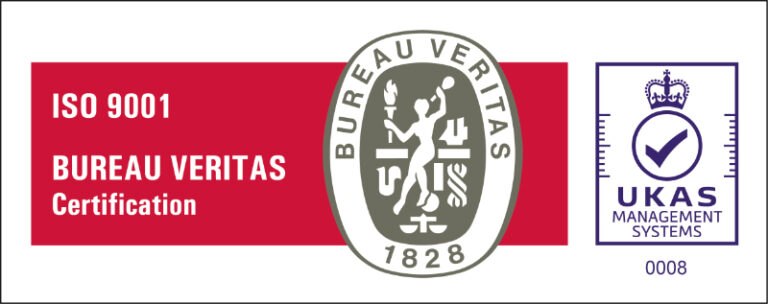A.F. Suter and Co. Ltd
Shellac, Waxes, Gums and Resins
- +44 (0) 1376 514953
- afsuter@afsuter.com
- Compass House, Eastways Industrial Estate, Witham, Essex, CM8 3YQ, United Kingdom
A.F. Suter and Co. Ltd
Shellac, Waxes, Gums and Resins
Get a FREE Quote (No Obligation)
Benzoin is a balsamic resin that exudes from the bark of several species of trees in the genus Styrax, native to Southeastern Asia and the East Indies. The balsam is harvested by making incisions in the bark and is produced in two main varieties, Siam and Sumatra. Benzoin Sumatra is extracted from Styrax benzoin and Styrax paralleoneurus, which are native to the island of Sumatra. Benzoin Siam is obtained from Styrax tonkinensis, which grows in Thailand, Cambodia, Laos and Vietnam. Extracts can also be obtained from the balsamic resins.
Benzoin resin is sold in the form of small lumps (known as almond tears) or blocks, while tincture of Benzoin is sold in the form of a solution. Benzoin Siam and Benzoin Sumatra both contain Benzoic acid, but Sumatra also contains Cinnamic acid. Benzoin Siam is often sold in the form of hard, brittle yellowish-brown tears with a milky white centre, while Benzoin Sumatra is supplied in grayish-brown or reddish lumps or blocks composed of tears stuck together. Benzoin Siam is mainly used in the fragrance and flavour industries due to its vanilla-like aroma, while Benzoin Sumatra is often used for skin care in the Personal Care industry and for film forming and taste masking in the Pharmaceutical industry. However, both can be used in perfumery and skin care.
Benzoin resin is used as a food ingredient to flavour baked goods, gelatines, puddings and frozen dairy products. The Beverages industry also uses it in alcoholic and non-alcoholic drinks.
Benzoin resin is used to flavour candies and chewing gum.
Benzoin resin is used in an alcohol solution known as Tincture of Benzoin, which can be used as either a treatment for damaged skin or an inhalant.
Compound Tincture of Benzoin (CTB) is applied to skin before applying adhesive tape or bandages to improve the durability of the adhesive, and to protect the skin from allergic reactions. Orthopaedists spray CTB onto skin before applying a cast to protect the skin and reduce itching. CBT can also be applied to minor cuts as a styptic to stop bleeding and as an antiseptic. It is also used by athletes to help toughen skin.
Plain Tincture of Benzoin is used as an oral mucous membrane protectant for mouth ulcers and cold sores, and can be used externally to treat skin blisters. It can also be used as an expectorant and inhaled in steam to alleviate the symptoms of colds and bronchitis, although its usage as an asthma treatment is disputed.
Benzoin resin is also used in some veterinary products.
Benzoin resin is used in the manufacture of scented candles. Benzoin resin is also burned on charcoal as an incense and used in the production of scented wood chips, incense sticks and fumigating materials. It is a major component of church incense, particularly in Orthodox Christian and Western Catholic Churches.
In the Personal Care industry, Benzoin resin is used as a skin treatment and cleanser. It can be mixed with glycerine to moisturise chapped hands and to treat cracked nipples caused by breast-feeding. It is also used as an ingredient in perfumes and lotions because of its sweet vanilla-like scent. In addition, it is used as a fixative in perfumes, slowing the dispersion of essential oils and other fragrance materials into the air.







Registered Office:
146 New London Road, Chelmsford,
Essex.CM2 0AW
Company Reg No. 04296187
VAT No. GB 783 0308 36